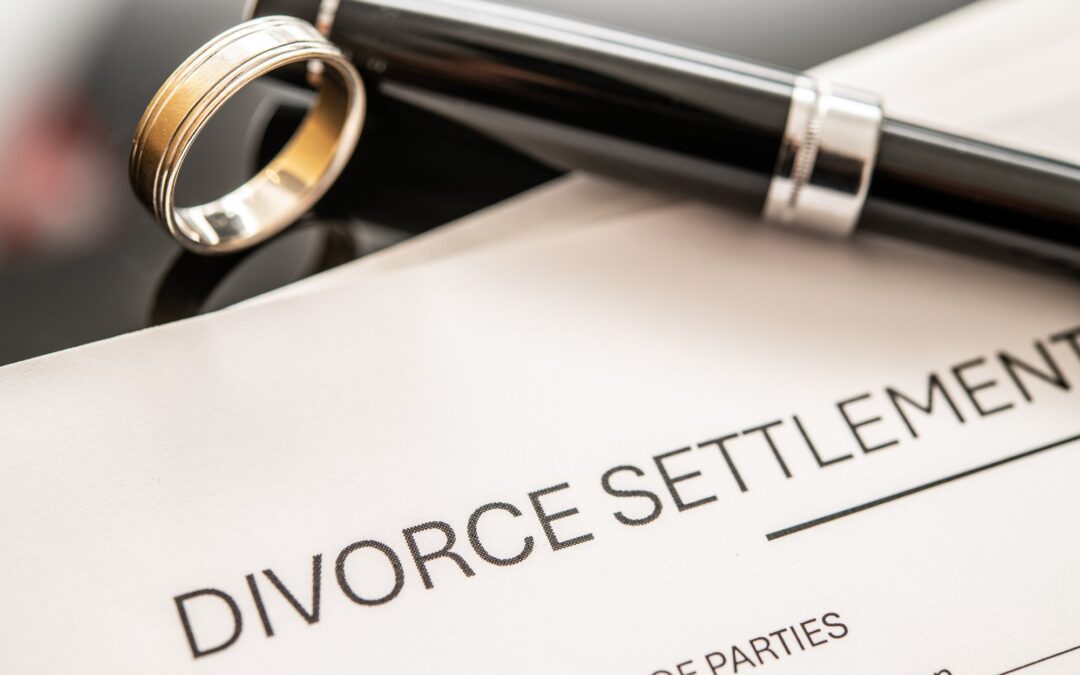You are getting a divorce and it has become more complicated and time-consuming than you imagined it would be. As a result, your attorney’s fees are growing. You are worried about paying or unclear about certain charges but you don’t necessarily want to go find a less expensive lawyer. How should you handle questions about your legal bill?
First, it is important to take proactive measures to minimize the risk of a dispute.
-
Vet your attorney before hiring
The best way to avoid problems with your legal bill is to hire an experienced reputable lawyer with good recommendations.
-
Discuss fees and set expectations at the outset
Ideally, you should have spoken with your attorney about fees the first time you met so you understood what to expect in terms of the cost of the divorce. If you didn’t, do it now. You should explain your concerns and priorities in your divorce. Your attorney should then provide an honest assessment of your chances and the cost of pursuing litigation versus settling, where possible. I say where possible because litigation costs result from two parties desire to prove a point. To be clear, it is very hard to predict where the cost of your litigation ends up when neither party knows how the arguments will evolve as the case proceeds.
Once you are working with an attorney, address billing matters promptly.
-
Ask your attorney for monthly bills
In New York, attorneys must bill at least every 60 days. However, it is best to get bills monthly and you can request that.
-
Review bills as soon as possible
Once you receive a bill, review it carefully and raise any questions or concerns immediately. This way you can clear up any misunderstandings or address problems before legal bills get out of hand.
-
Communicate regularly
There should be trust and transparency between an attorney and a client. You should feel comfortable asking about billing and expect your attorney to be comfortable with responding promptly and honestly. Note, that your attorney should not charge for his or her time spent reviewing and discussing billing questions which, in New York, is not allowed.
Finally, if you cannot resolve your issues, you do have options, including seeking arbitration, filing a motion with the judge for a hearing on fees or firing your attorney and litigating fees when your attorney sues you. The last option is one of last resort. If you take the steps discussed above, you should be able to settle the matter before it affects your case. The longer you wait, the more likely it is that it will cause unnecessary conflict and delays in your divorce.
If you are considering divorce or you are in the middle of a divorce and concerned about your attorney’s actions in your case, contact us for a consultation to learn how we can help.

